The Beatrice Project – Training
Ntombi Nto(NN)has always had training and education at its heart, not only for the girls as beneficiaries but for whole communities. In order to support this, BP funds community events for the crucial engagement of volunteers, peer educators, nurses, teachers and community leaders. These vital induction days form the foundation for all of the further training which takes place through the regular workshops and discussions run by the NN team.
Joy (National Director of NN) is keen to have a systematic one-year plan so that in addition to sanitary supplies the girls are well-informed and learn about their changing bodies, emotions, sexual health, child protection issues and relationships. To this end, the project has received input at training weekends from the BP team and has also arranged talks from trained Police officers (about reporting sexual abuse) and Childline concerning support on issues surrounding abuse and sexual exploitation.
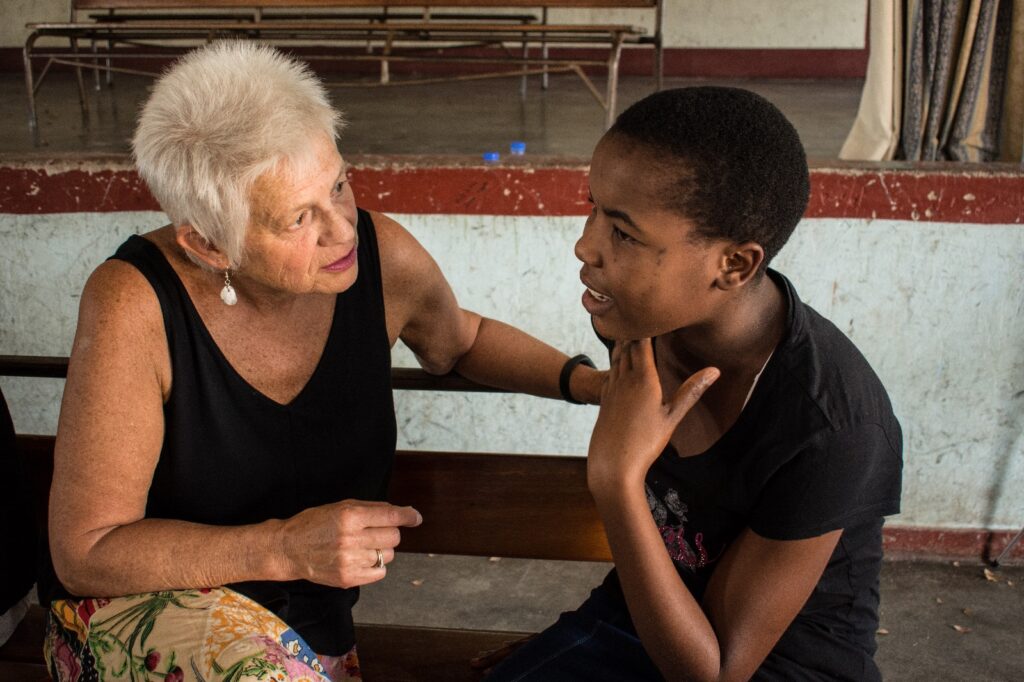
Auntie Stella
The Auntie Stella (AS) discussion kit (www.tarsc.org/auntiestella), a wonderful tool developed in Zimbabwe about 12 years ago, now forms a significant part of the training. Produced by TARSC (Training and Research Support Centre – www.tarsc.org) based in Harare, the tool kit was developed in close collaboration with young people. It consists of around 40 Key Questions put to the wise Auntie Stella, a virtual ‘agony aunt’, helping young people discuss all too familiar problems such as unwanted sexual advances, fears about sexual relationships and the more mundane worries about acne and period pains. The Auntie Stella kit is available in English, Shona and Ndebele and comes with a training manual full of ideas to enhance the use of the question and answer cards. All of the girls know whom to contact if they are troubled, and have access to Childline and the Police should they require it.
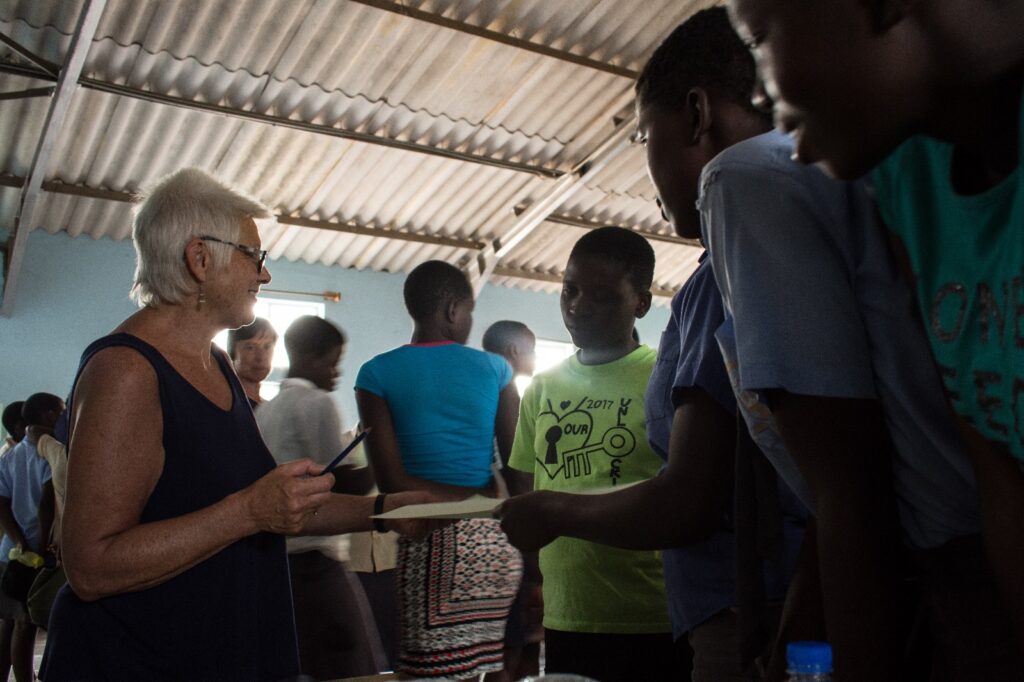
Men and women, boys and girls
It has been impressive and encouraging to see both men and women, from teachers to grandfathers, and boys as well as girls, keenly discussing the topics covered by the AS cards and taking part in training on techniques to facilitate open and non-judgemental group discussion. From the earliest days of the project, the leaders have always acknowledged the importance of men and boys as well as the girls receiving sex education, and Ntombi Nto now regularly facilitate education sessions which involve boys, delivered alongside a local Zimbabwean youth leader. His expertise, as well as his humour, have been critical in developing this aspect of the work.
Cups training
Another fruitful area of training and community education has been the introduction of menstrual cups. Joy, the project leaders and beneficiaries have benefited from experience and training delivered by the Butterfly company, now Viva Lily, based in Harare, who supply menstrual cups as well as supporting materials http://www.thebutterflycup.co.zw/.
This has led to parents and guardians consenting to their girls using this environmentally friendly and sustainable method of sanitary protection, which the girls (and their teachers!) love.
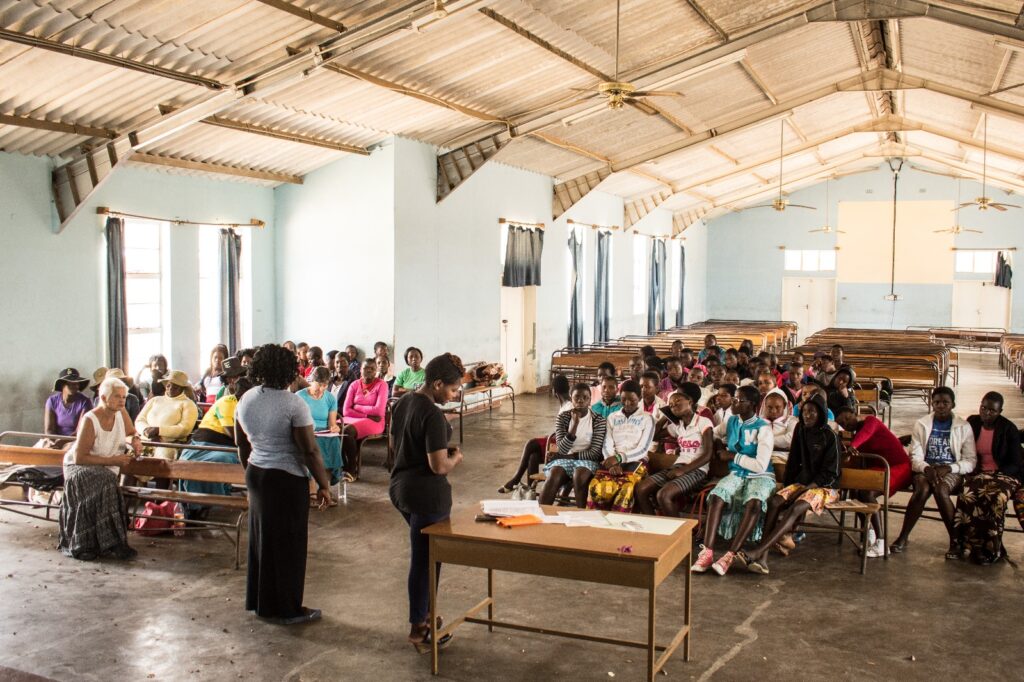
Our commitment
The future looks exciting for our partnership with Ntombi Nto as many other schools and communities are asking them to share their expertise and their model of support for girls. We are committed to working together with Ntombi Nto to help train and equip the girls and the communities in which they live.
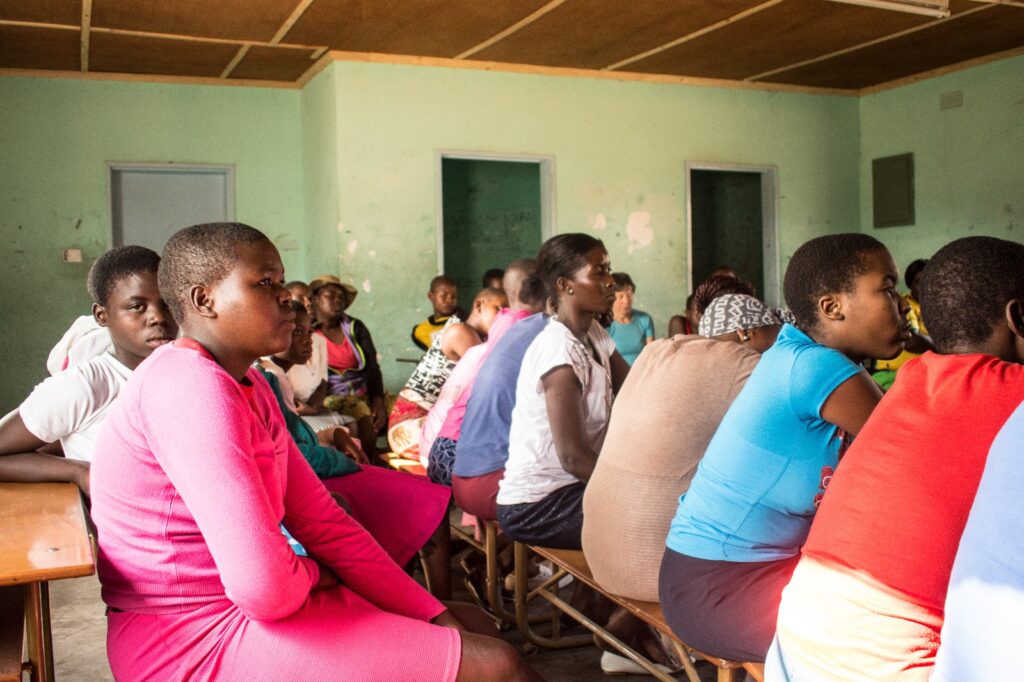
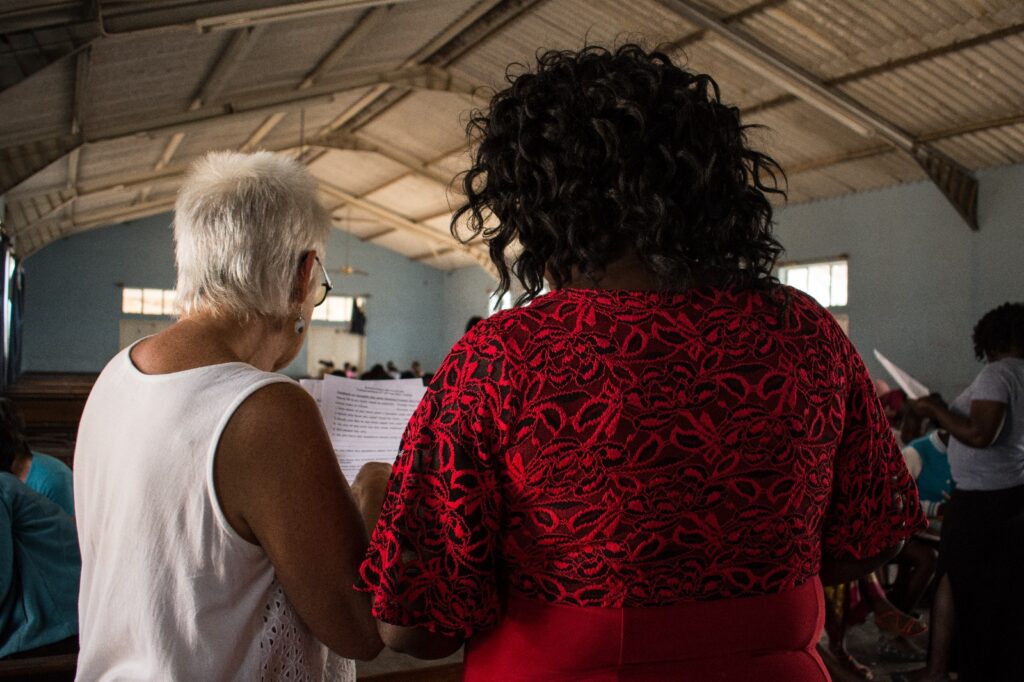
 />
/>